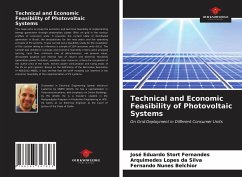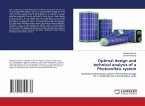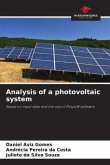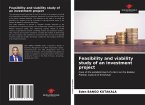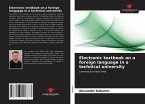This book aims to study the economic and technical feasibility of implementing energy generation through photovoltaic plates (PVs) on grid in the various profiles of consumer units. It presents the current state of distributed generation in Brazil, the perspectives for the next years and the operating principle of PV systems. It was carried out a feasibility study for the installation of this system taking as reference a sample of 134 consumer units (UCs). The sample was divided in 3 groups and economic feasibility criteria were analyzed (pricing, cash flow, minimum rate of attractiveness, net present value, discounted payback and internal rate of return) and technical feasibility (generation power limitation, available solar resource, criteria for occupation of the useful area of the roofs, electric power consumption and sizing steps of the PV on grid system). Based on the definitions of the Normative Resolution nº 482/2012 ANEEL, it was verified how the tariff modality can interfere in the economic feasibility of the implementation of PV systems.
Hinweis: Dieser Artikel kann nur an eine deutsche Lieferadresse ausgeliefert werden.
Hinweis: Dieser Artikel kann nur an eine deutsche Lieferadresse ausgeliefert werden.

